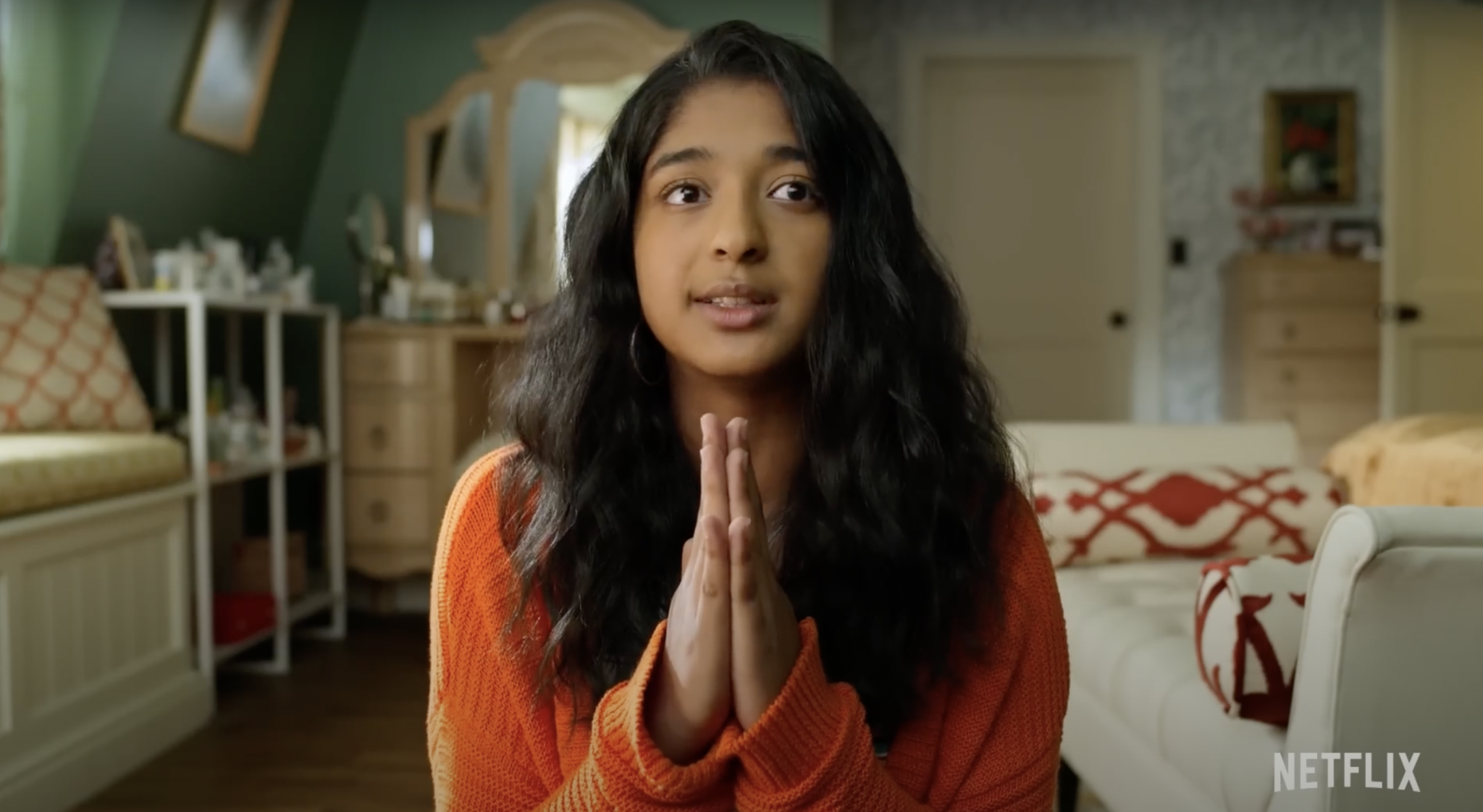Views expressed in opinion columns are the author’s own.
Never Have I Ever premiered in 2020 to a hopeful audience.
With promises of representation for a generation of South Asian American kids, it felt like a dream come true when Mindy Kaling first announced the show. I was so excited to see myself on the screen, reflected through the eyes of Devi Vishwakumar, played by Maitreyi Ramakrishnan.
I watched it the day it came out, and I was disappointed. The stereotypes and the self-hatred that were on screen were too much for me to bear — and at some point, the show became a place for me to see all the things I was supposed to dislike about myself on screen.
While Never Have I Ever boasts of being representative with a diverse cast, the stereotypes are rampant. Its casual Islamophobia, strong accents and blatant inaccuracies in cultural traditions are frustrating and insensitive. It comes across as a Hollywood-style, eurocentric narrative, all about an Indian American girl who wants to forget and ignore part of her identity.
This show is not the cultural phenomenon that people think it is. The show that genuinely is a cultural phenomenon and should be lauded as such is Aziz Ansari’s Master of None.
Where Kaling’s four-season hit series falters, one of Ansari’s episodes, “Indians on TV,” picks up the slack.
I will acknowledge that being of two cultures and identities can get confusing and difficult for Indian Americans. But why is it so hard for us to just be on the screen? What makes people think I want to watch my internalized struggle played out in front of me?
The on-screen narrative that Kaling espouses was built for the white gaze, not ours.
While some parts are better than others, every episode has a consistent undertone of self-hatred. Devi has a fixation with distancing herself from her culture and her ethnicity. Even though she eventually comes to terms with her identity, she ends up with a white boy — which to me, feels like the ultimate white savior trope that closes out the narrative. Even the narrator of the show, John McEnroe, is a white man discussing the thoughts and innermost feelings of an Indian American character.
Ansari’s Dev, though, actively takes a stand against the predominant white narrative, with one of his storylines discussing how it’s minimizing to fake a strong accent that isn’t representative of his story. He navigates representation with nuance, whereas Devi’s story is, in my eyes, cringe-worthy.
Dev goes through the wringer trying to find a job, competing with his friend for a stereotypical role, dealing with casual racism and ultimately realizing the problem isn’t with him: it’s the systemized oppression that has forced him into this position. His trials — all in just one episode of TV — are indicative of the broader problem at hand, one that he himself mentions. No matter what, Indians are still “set decoration.” That storyline hits home and is what Kaling fails to capture in her show.
While watching “Indians on TV,” the narrative never made me feel like I needed to change who I was. Never Have I Ever put me right back into a time in my life where I never thought I was good enough because I’m Indian American.
Never Have I Ever could have been such a good show with accurate representation for thousands of people across the globe. There was potential, and the idea certainly has merit. And to be fair, some people did enjoy it. It had its moments, and even I’ll admit that watching Devi grow to love her family more in the aftermath of her father’s death was tear-jerking. The cast was the highlight of the show, but it still cannot dismiss or outweigh the consequences of such poor representation of South Asian Americans.
Kaling’s writing tells us what not to do, while Ansari shows us authenticity. In “Indians on TV,” he dives into the nuance of race, ethnicity and cultural identity. Fearlessly, the show challenges Hollywood’s backward understanding and portrayal of South Asian culture and history and, unlike Never Have I Ever, seeks to tear down those stereotypes rather than perpetuate them.
Now, of course, Hollywood is not perfect — no place is. But we deserve representation and recognition in a way that’s not just convenient to the people in charge. Never Have I Ever is a symptom of the white gaze that dominates the industry, and in all honesty, it isn’t the show we were ever looking for. We deserve an authentic show, not just pandering to the dominant narrative.
Jahnavi Kirkire is a senior government and politics and public policy major. She can be reached at jkirkire@umd.edu.



